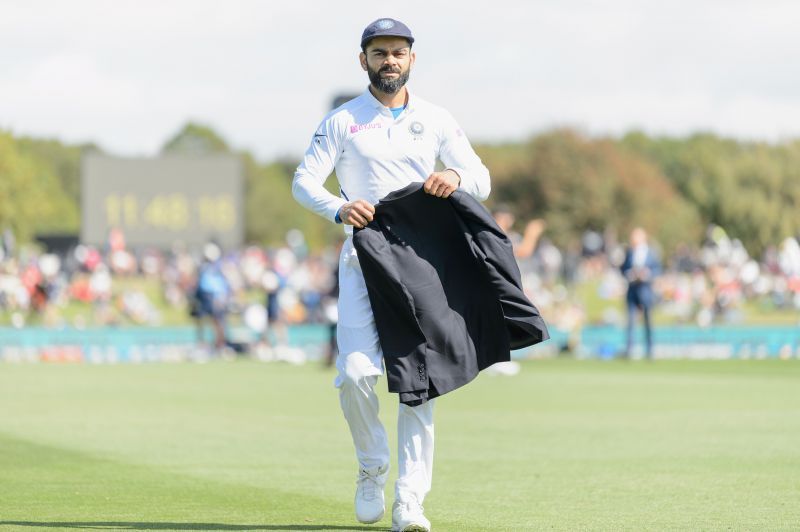
5 risky captaincy picks that turned out to be masterstrokes
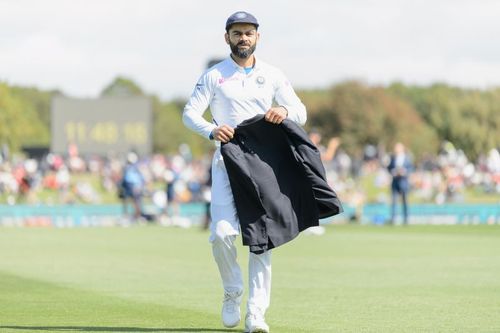
More often than not, the best player in the side or, more traditionally, the best batsman in the side is made the captain of cricket teams. That has been the case for a long time and still is. A significant reason for sticking to this template is that selectors and board executives generally do not like to take unconventional calls.
However, over the years, selectors have taken plenty of inspired decisions when it comes to choosing the captain.
Here is a look at 5 of those captaincy picks that proved to be absolute masterstrokes.
5. Eoin Morgan
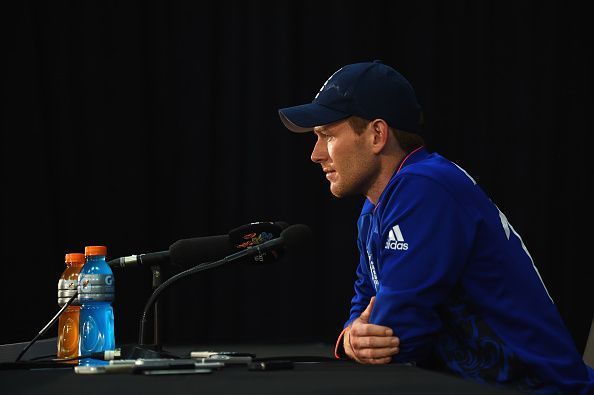
Many would have expected England to kick on and become a major force in limited-overs cricket following their triumph in the 2010 World T20, but that never happened. In the lead up to the 2015 World Cup, England were in disarray as they struggled to come to terms with the modern game and Eoin Morgan was drafted in as the captain to replace the struggling Alastair Cook.
Appointing someone who does not even sing the English national anthem looked like a bit of gamble from the outset. England were knocked out in the group stage of the World Cup, and the choice of Morgan as the limited-overs captain was already looking shaky.
However, following the World Cup, Morgan adopted a far more aggressive approach in one-day internationals and T20Is, as England became a team of belligerent power hitters. More importantly, he created a team that could bat big and bat deep, which is why England is now one of the top limited-overs sides in the world.
The evolution in the team's approach saw them steamroll opponents both home and away, as Morgan's appointment eventually proved to be a very shrewd one. A year after becoming the captain, Morgan led England to the ICC World T20 final, but a Carlos Brathwaite freak show snatched the trophy from their hands.
The culmination of the Morgan project was achieved in the 50-over World Cup in 2019 when he led the hosts to victory in the mother of all finals against New Zealand where the teams refused to be separated even after the Super Over. Still, England prevailed by virtue of having hit more boundaries. Truly a dream occasion at Lord's for everyone concerned with England cricket.
4. Michael Vaughan
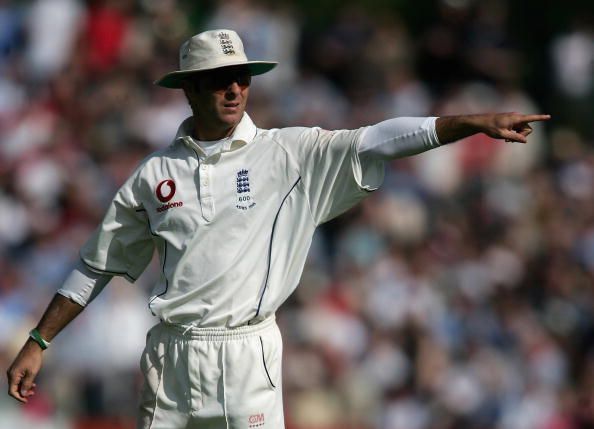
Following England's exit in the 2003 World Cup, their premier Test batsman Michael Vaughan was made the captain of the limited-overs side, and since he had hardly scored much in ODI cricket, the decision looked like a gamble. A few months later, he became England's captain in all formats of the game, and under him, the national team became a brilliant Test side.
By 2004, they had become an excellent side and recorded 3-0 and 4-0 wins against New Zealand and the West Indies, with a 100% win record. The same season England made it to the final of the ICC Champions Trophy at home but were thwarted by the West Indies in the final.
Test series wins in South Africa and West Indies followed as the four-pronged pace attack of Steve Harmison, Simon Jones, Matthew Hoggard and Andrew Flintoff wreaked havoc. The highest point of his captaincy was the 2005 Ashes win, and Vaughan will forever be a legendary figure in English cricket for bringing the trophy back to England after a gap of 18 years.
Injuries eventually forced him to give up the captaincy and then retire, but his appointment was one of the most inspired choices ever taken by England's selectors.
3. Ricky Ponting
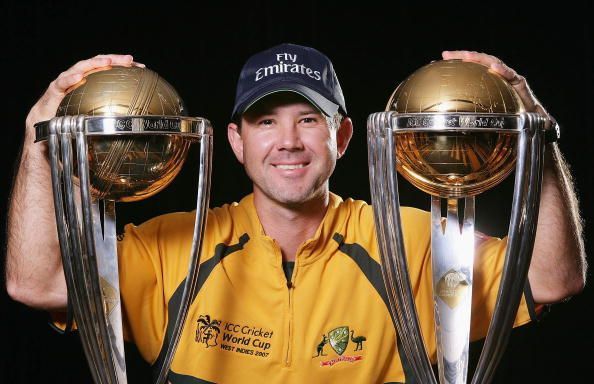
When Steve Waugh was sacked from the one-day international team, there was widespread belief that Shane Warne would be made the limited-overs captain, but instead, it was star batsman Ricky Ponting who was made the ODI captain in 2002. Ponting had been involved in drink-related incidents, which made the appointment a bit of a risk.
However, he went on to become one of the most successful captains in ODI history with a win percentage of 76.14%, and in addition to that, he led Australia to two World Cup wins (2003 and 2007) and the 2006 ICC Champions Trophy. Australia became a near unbeatable ODI team under him.
In Test matches, he captained Australia in 77 Tests and won 48 of them to notch up a win percentage of 62.33%. Ponting was one of Australia's longest-serving captains and also one of its most successful, which is why the decision to make him captain over many other senior players remains one of the masterstrokes of the Australian cricket administrators of the time.
2. Graeme Smith
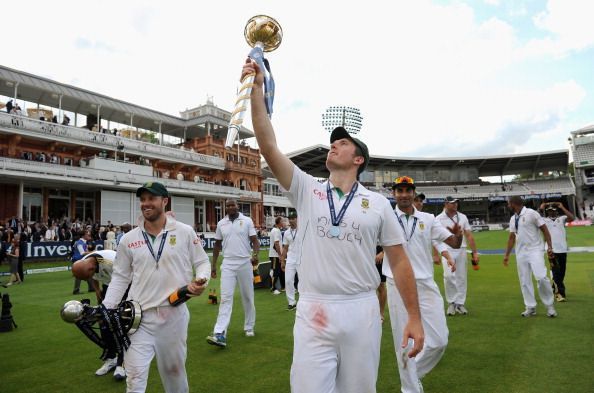
When Shaun Pollock resigned from the captaincy following South Africa's exit from the 2003 World Cup, the national selectors handed the full-time captaincy to a 22-year-old opening batsman. The latter had only played in 22 ODIs and a handful of Test matches. Naturally, Graeme Smith's elevation to the hot seat looked like a huge risk back in 2003 but as everyone knows he went on to become one of the great modern-day captains and made South Africa one of the best teams in the world during his 11 years reign as captain (8 years in limited-overs cricket).
In 117 Test matches under him, South Africa won 60 of them and became one of the toughest teams to play against in the latter half of his captaincy stint. Although the coveted World Cup win did not come in ODIs or in the World T20, Smith's tenure in limited-overs cricket was quite impressive. He won 23 out of the 33 T20s in which he captained and recorded 115 wins in 197 one day internationals.
Not bad for someone who had been written off when appointed the captain.
1. MS Dhoni
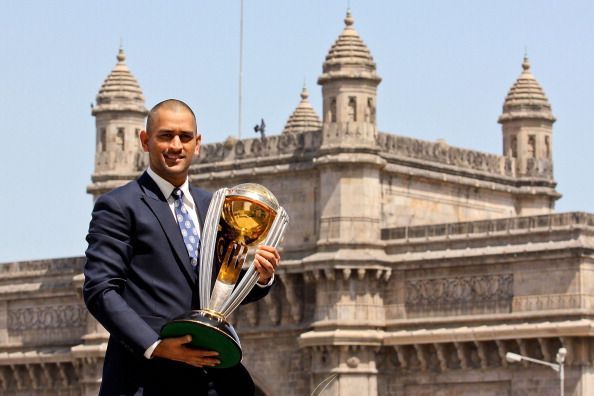
After the senior members of the team had refused to go to the 2007 World T20 in South Africa, India's swashbuckling wicketkeeper-batsman Mahendra Singh Dhoni was made the captain for the tournament. Dhoni led India to a win in the global tournament and was made the limited-overs captain in the same year. The following year, he became the captain across formats following the retirement of Anil Kumble.
When he was made the captain, there was widespread belief that Yuvraj Singh could have been a better choice as limited-overs captain and at the time, it looked like a massive gamble from the selectors.
However, Dhoni captained India during one of its best periods as a cricketing nation, during which it won Test series in New Zealand and West Indies, as it climbed to the top of the ICC rankings. On the other hand, he led India to its first World Cup triumph in 28 years in 2011, and two years later, he led the team to the ICC Champions Trophy in 2013.
Dhoni has won everything that there is to be won in international cricket and his appointment remains one of the most inspired moves in the history of international cricket.